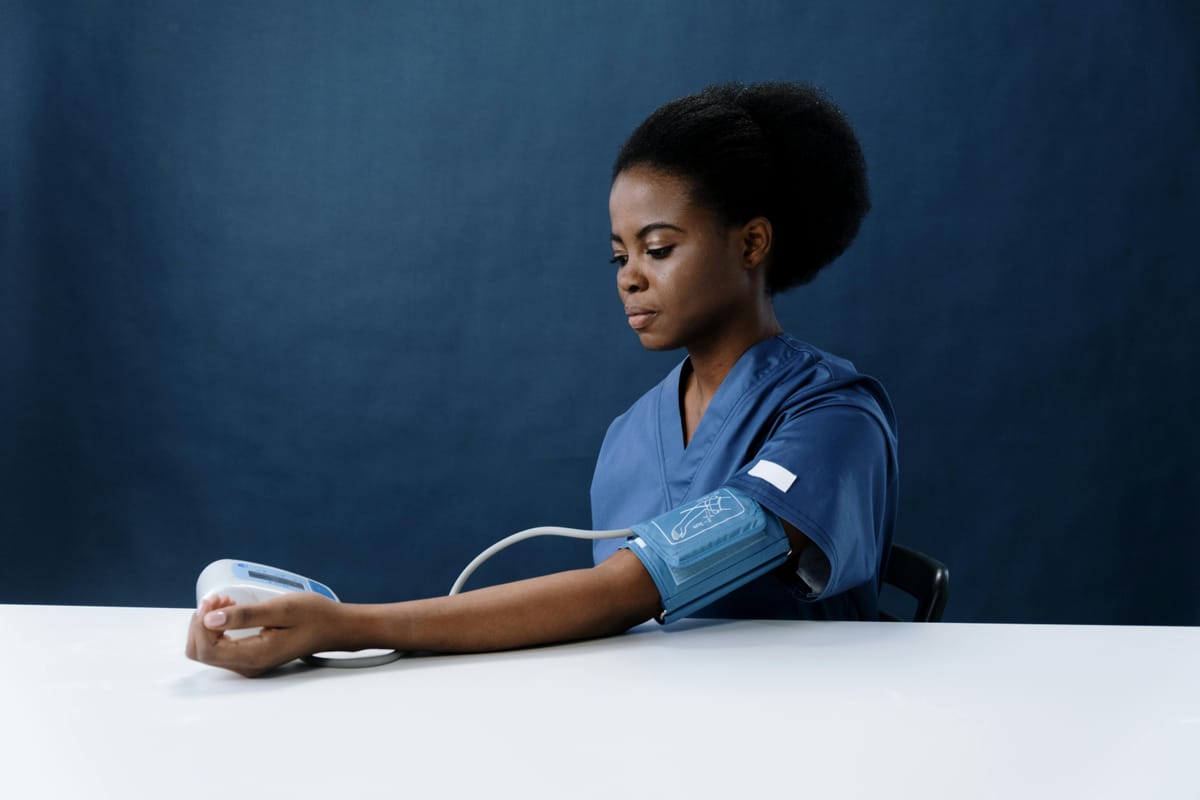Homocysteine - A critical marker

Homocysteine is an amino acid found in your blood. Excess levels are a marker for diseases such as blood clots and heart attacks, osteoporosis, and dementia.
Increased levels of homocysteine are indicative of a risk for high blood pressure and Alzheimer's disease.
Normal levels are between 5 and 15 micromoles per litre. If your levels are above 50, it can damage the lining of your arteries.
Typically, your body is very good at dealing with it. It uses vitamins B6, B12, and folate to manage the levels.
What can you do to help your natural process?
Your body produces homocysteine from the food you eat. A carnivore diet has been shown to elevate levels, but so has a vegetarian diet. So, for now, we will ignore the effects of diet.
Genetics plays a role. Everyone has a gene known as MTFHR. If you have the MTFHR genetic variant, it affects your ability to use B vitamins to process homocysteine.
You can use a genetic test to find out if you have the MTFHR gene variant or mutation.
Typical symptoms of homocysteine include pale skin, fatigue, weakness, twitching of the eyelids, depression, and numbness or tingling.
If you want to go the nutrition route, you need to increase your intake of cruciferous vegetables and lentils.
If you do not have complete control over your nutrition, supplements are an option.
Supplementation would include vitamin B6, folate, and B12. You should also include trimethylglycine (TMG).
Vitamin C and magnesium also play a vital role. Vitamin C acts like a scrub, whereas magnesium helps in the functioning of your arterial muscles.
In my research, I have found that the levels of blood pressure considered normal have undergone changes over the years. Gradually, the levels considered normal have been reduced, putting more people in the category of risky.
There are two ways to look at this. Stricter norms help keep more people out of harm's way. Alternatively, stricter norms unnecessarily create worry for those who are not at risk.
Reach out to me on twitter @rbawri Instagram @riteshbawriofficial and YouTube at www.youtube.com/breatheagain






